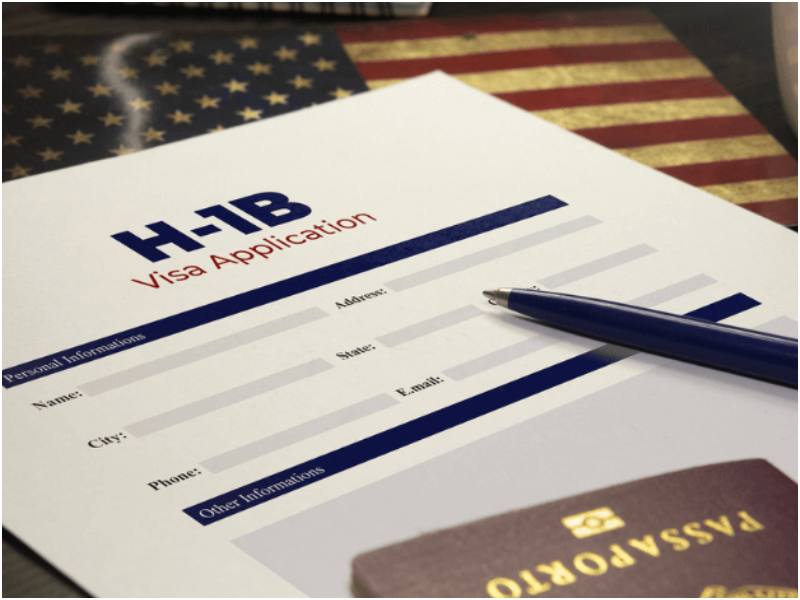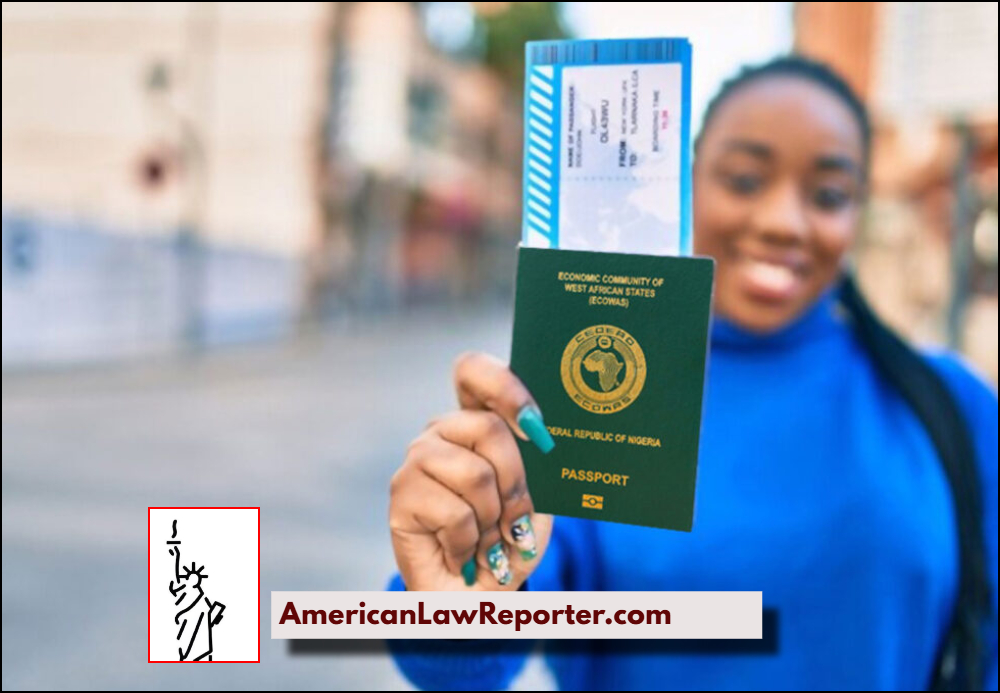A growing number of Nigerian nationals holding valid U.S. visas are discovering that their travel documents have been quietly revoked without notice, raising legal and diplomatic concerns over transparency, due process, and the scope of executive immigration powers.
The development was first reported by Olufemi Soneye, former Chief Corporate Communications Officer of NNPC Ltd., who highlighted the disruptive effect on professionals, entrepreneurs, students, and families. Many learned of their visa cancellations only at the airport, where they were denied boarding or detained briefly before being turned away.
The revocations cite Title 22, Section 41.122 of the U.S. Code of Federal Regulations, which authorizes consular officers to revoke visas if “new information becomes available after issuance.”

However, recipients report that no evidence has been provided, no hearings scheduled, and no appeal mechanism offered. Instead, affected individuals are told they may reapply—at their own expense.
For many, the consequences have been severe. Business leaders have lost access to U.S. markets and meetings, students are uncertain about their education, and families have been separated. The issue has also unsettled Nigeria’s oil, shipping, and tech sectors, which rely heavily on U.S. connections.
Legal analysts note that while the State Department has broad statutory authority to revoke visas, the absence of transparency or due process safeguards is striking. Unlike visa denials, revocations often occur after individuals have already made financial and personal commitments, magnifying the harm.
Observers have linked the surge in cancellations to the Trump administration’s wider immigration policies, which have tightened entry restrictions for several African countries. Nigeria, despite being a key U.S. trade and security partner, appears increasingly impacted. Neither the U.S. Embassy in Abuja nor Nigerian authorities have issued formal explanations.
“Visas are more than stamps; they are lifelines,” Soneye observed, pointing to the economic and social dislocation caused by the sudden cancellations. Until greater clarity emerges, thousands of Nigerians remain in limbo—holding visas that no longer grant them entry.

